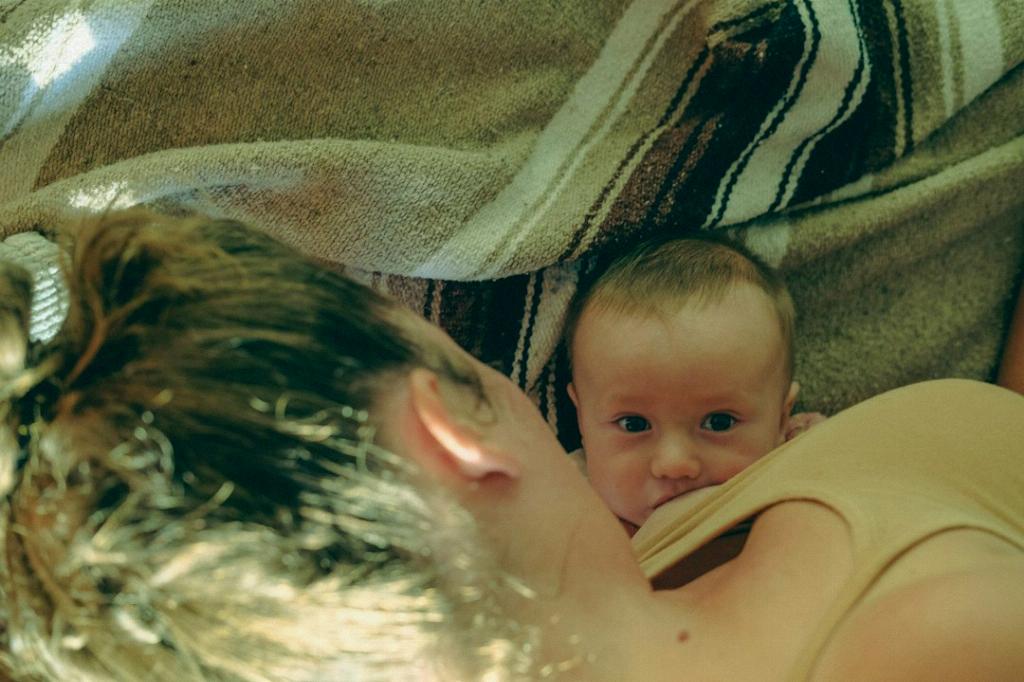Group B streptococcus, commonly referred to as Group B Strep or GBS, is a bacteria that can have serious consequences for newborns. While this bacteria may not typically pose a severe threat to adults, it can indeed affect newborns and lead to infections that require medical attention.
Transmission from Mother to Baby
One of the primary ways in which newborns can be affected by Group B Strep is through transmission from the mother during childbirth. If a mother carries the bacteria, there is a risk of passing it to the baby during delivery, potentially leading to infections in the infant.
Impact of Group B Strep on Newborn Health
GBS infections in newborns can manifest in various forms, including pneumonia, sepsis, and meningitis. These conditions can be severe, requiring prompt medical intervention to prevent potential complications and ensure the well-being of the infant.
Recognizing Symptoms in Newborns
It is essential for parents and caregivers to be vigilant about recognizing symptoms of Group B Strep infection in newborns. Fever, difficulty feeding, irritability, and unusual lethargy are among the signs that may indicate a potential infection.
Diagnosis and Treatment
If there is a suspicion of Group B Strep infection in a newborn, prompt diagnosis and treatment are crucial. Healthcare providers may conduct various tests to confirm the presence of the bacteria and administer appropriate antibiotics to combat the infection.
Preventive Measures
Efforts to prevent Group B Strep infection in newborns often focus on screening pregnant women for the bacteria during pregnancy. By identifying carriers of GBS, healthcare providers can implement preventive measures to reduce the risk of transmission to newborns.
The Role of Antibiotics
In cases where pregnant women are identified as carriers of Group B Strep, antibiotics may be recommended during labor to reduce the bacterial load and minimize the chances of transmission to the newborn. This preventative measure can help protect the health of the infant.
Collaboration with Healthcare Providers
It is essential for expectant mothers to communicate openly with their healthcare providers about any concerns related to Group B Strep. Working together to develop a plan for monitoring and addressing the potential risks can contribute to better outcomes for both mother and baby.
Postnatal Care and Monitoring
After delivery, healthcare professionals will continue to monitor newborns for any signs of Group B Strep infection. Vigilance in postnatal care is crucial to promptly identify and treat any potential complications that may arise due to the presence of the bacteria.
Support for Families Affected by Group B Strep
Families whose newborns are affected by Group B Strep may require additional support and resources to navigate the challenges associated with the infection. Connecting with healthcare professionals and seeking guidance can help families manage the situation effectively.
Conclusion
In conclusion, Group B Strep can indeed affect newborns and pose serious health risks if left untreated. By understanding the potential consequences of GBS infection, taking preventive measures, and collaborating closely with healthcare providers, parents can help safeguard the well-being of their newborns and ensure a healthy start to life.

